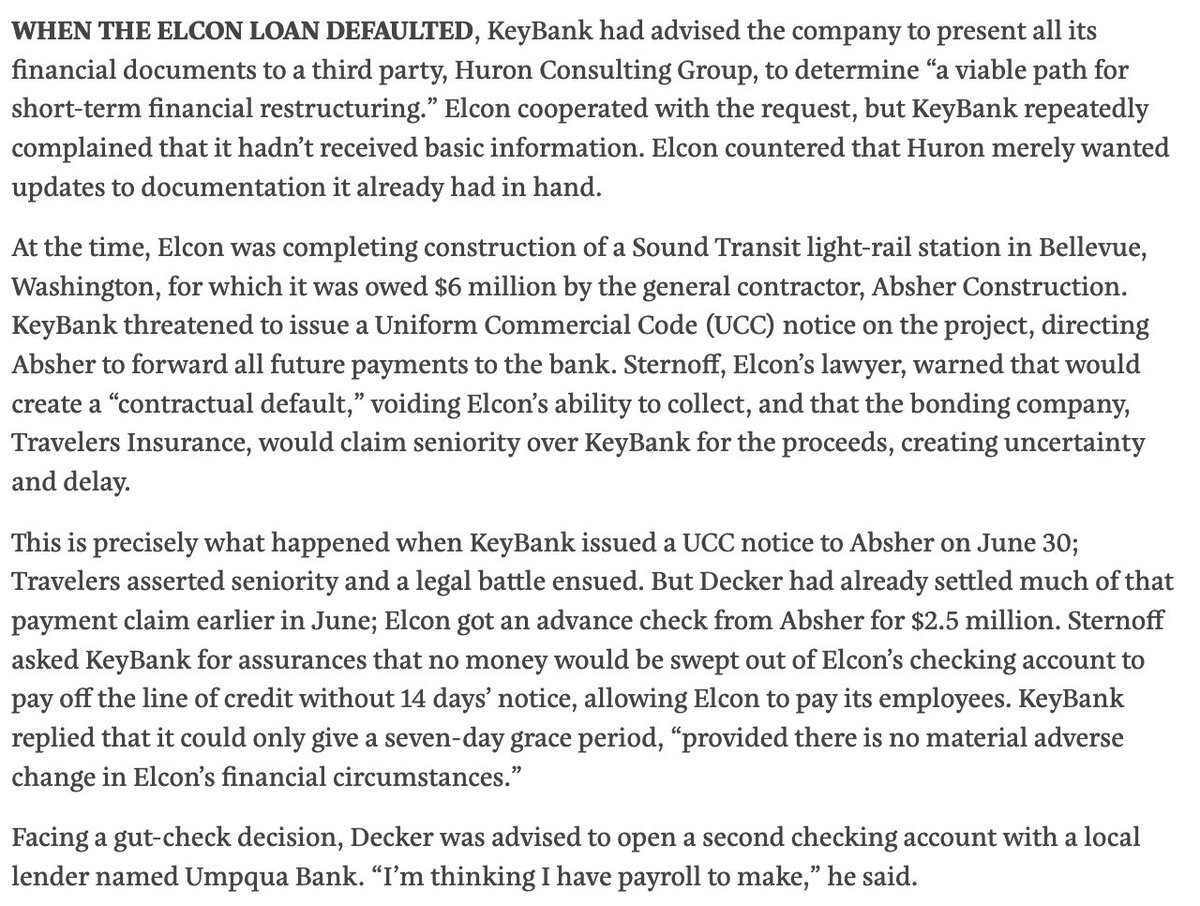As we await #BigTechBarons, I have a piece at @TheProspect on how big banks are fighting to prevent an effort by consumer advocates to temporarily bar negative credit items during the pandemic. Pat Toomey is the personal valet for this big bank initiative.
prospect.org/coronavirus/th…
prospect.org/coronavirus/th…
On credit score protection: “We thought we had it, we thought we were very close, and then McConnell stripped it out at the behest of the junior senator from Pennsylvania,” said @SenSherrodBrown in a little-noticed event in May. prospect.org/coronavirus/th…
The more negative credit items, the more big banks can charge for credit, given risk-based pricing. Toomey is helping banks grab billions from vulnerable people who are creditworthy outside a pandemic, and the credit hit sticks with them for 7 years prospect.org/coronavirus/th…
• • •
Missing some Tweet in this thread? You can try to
force a refresh
















